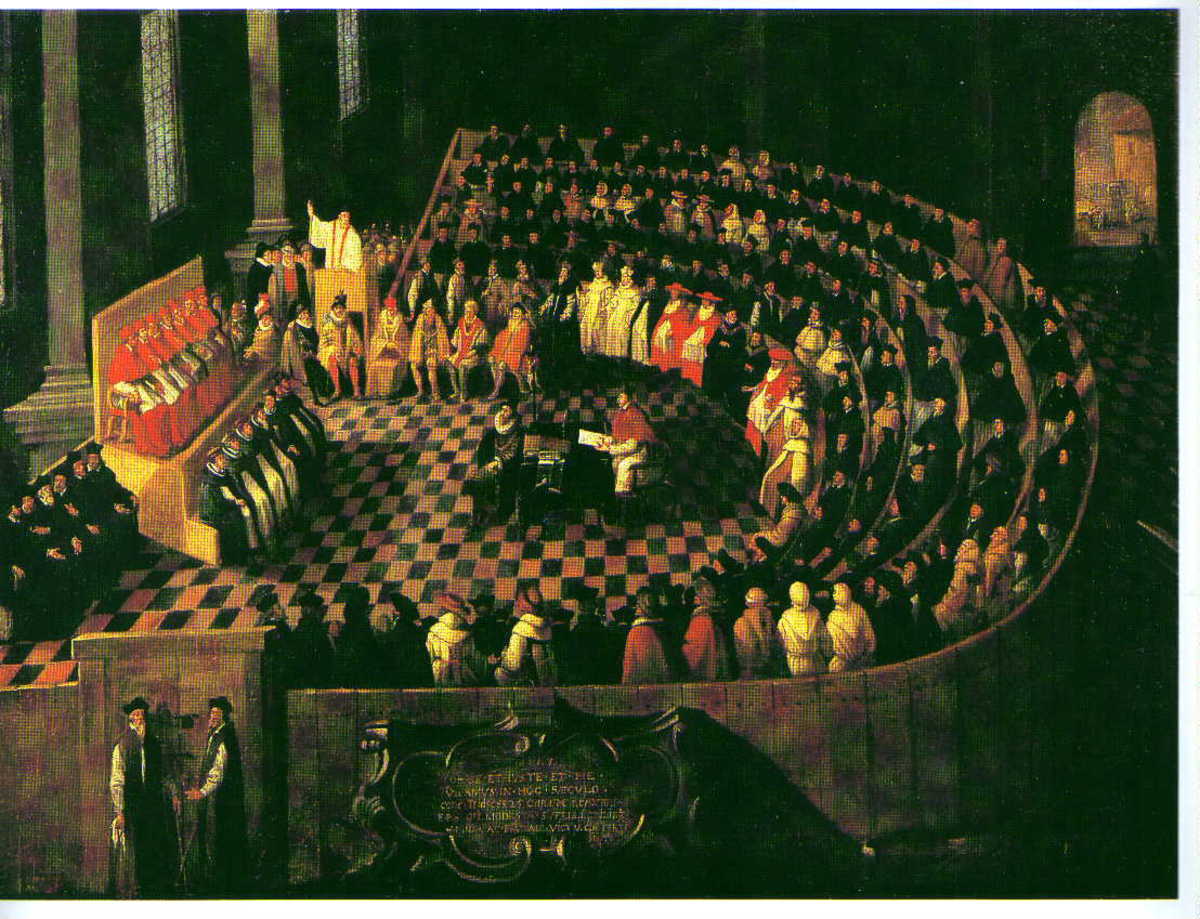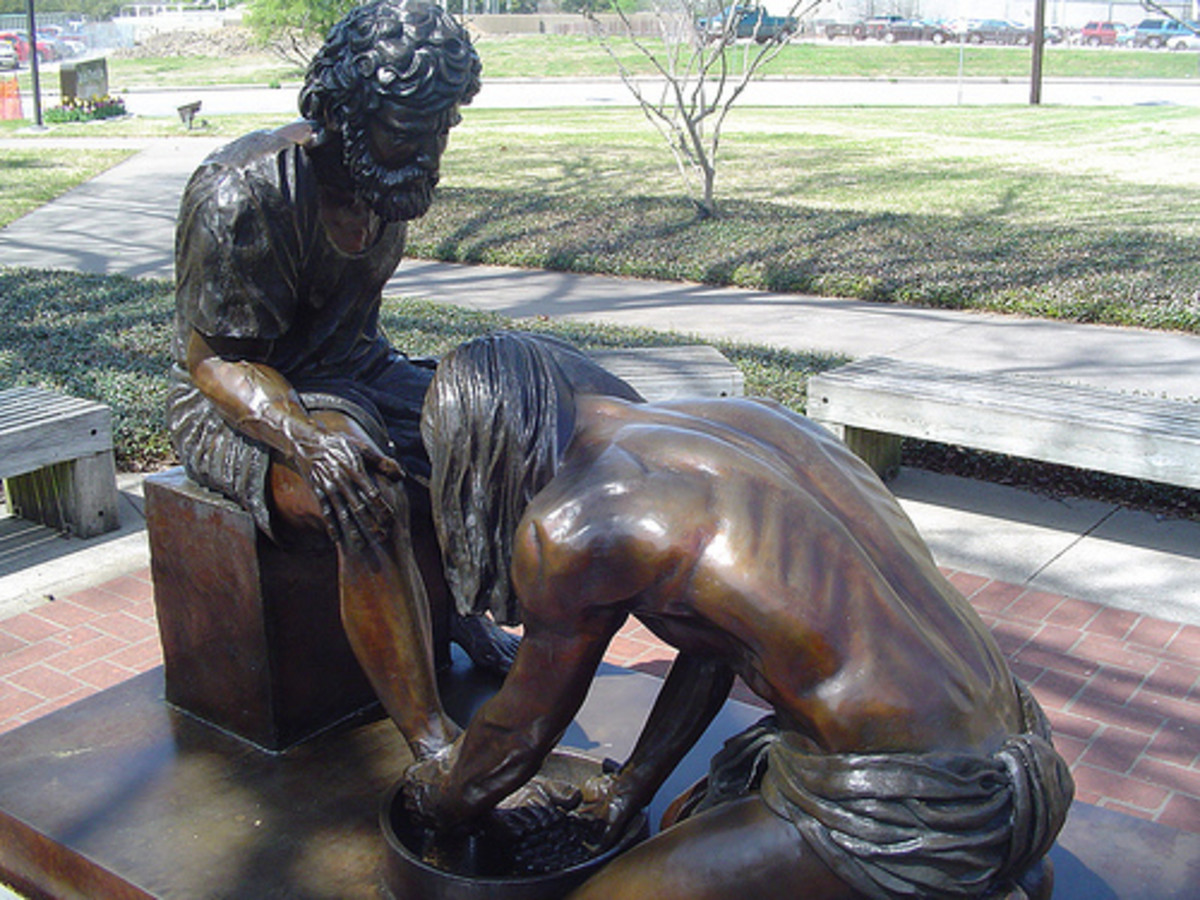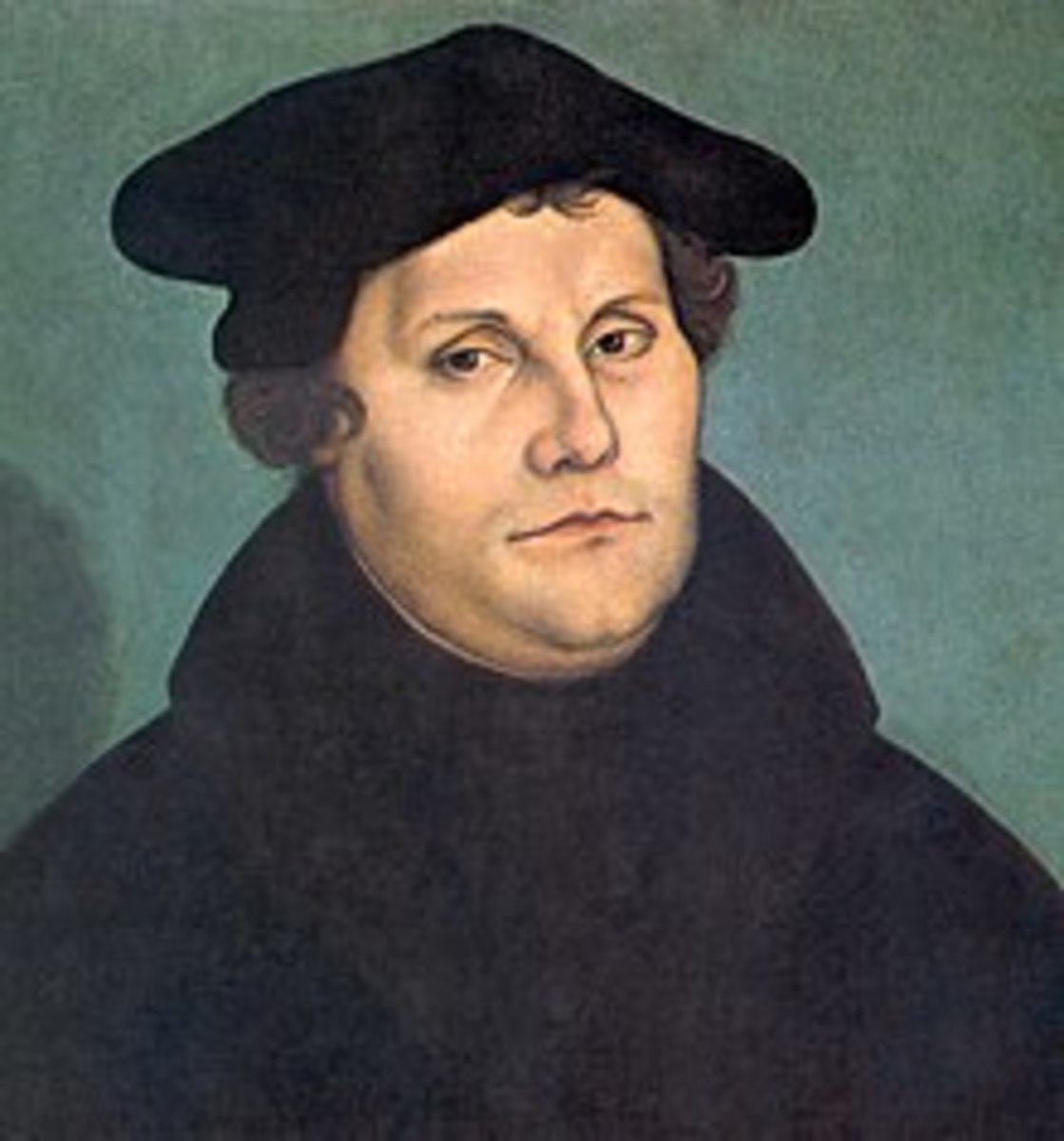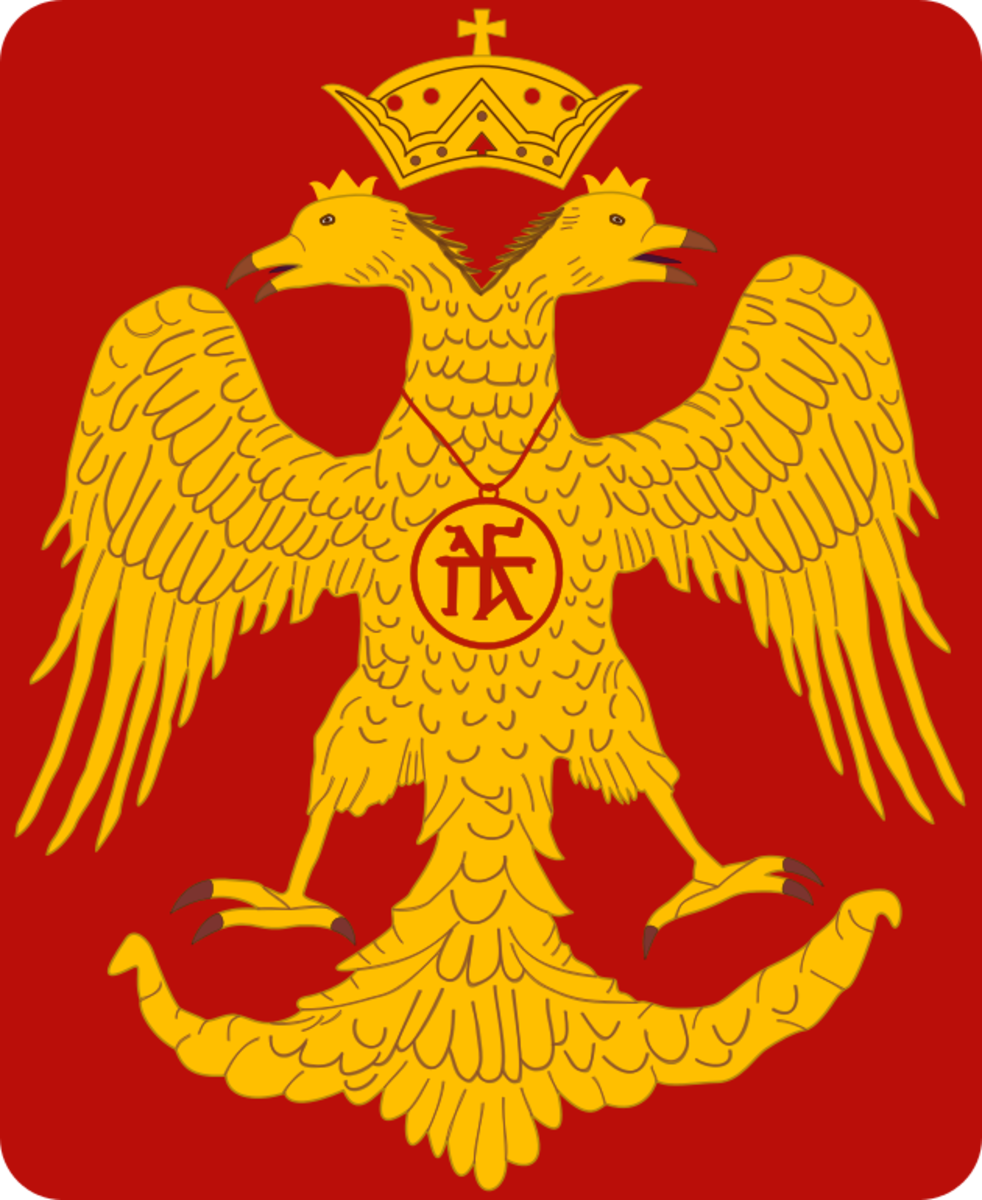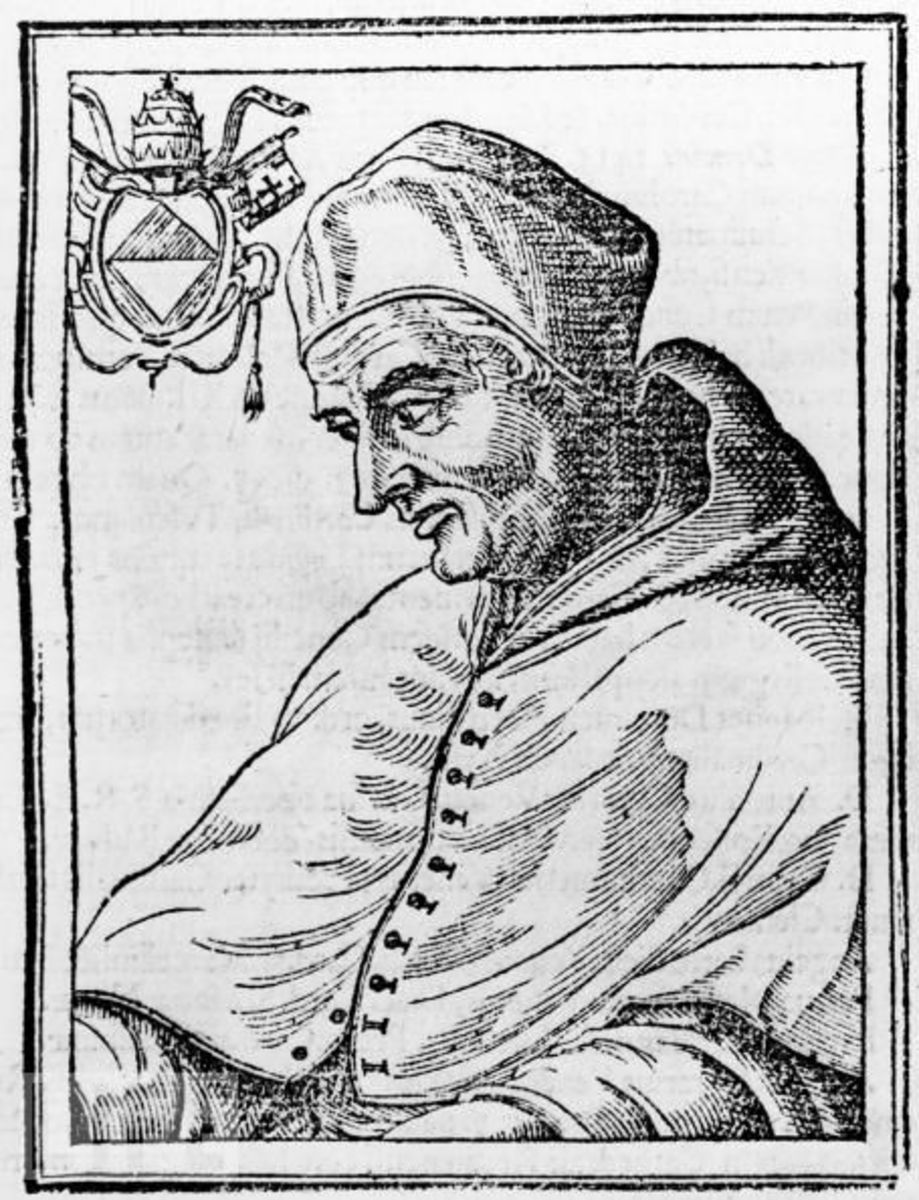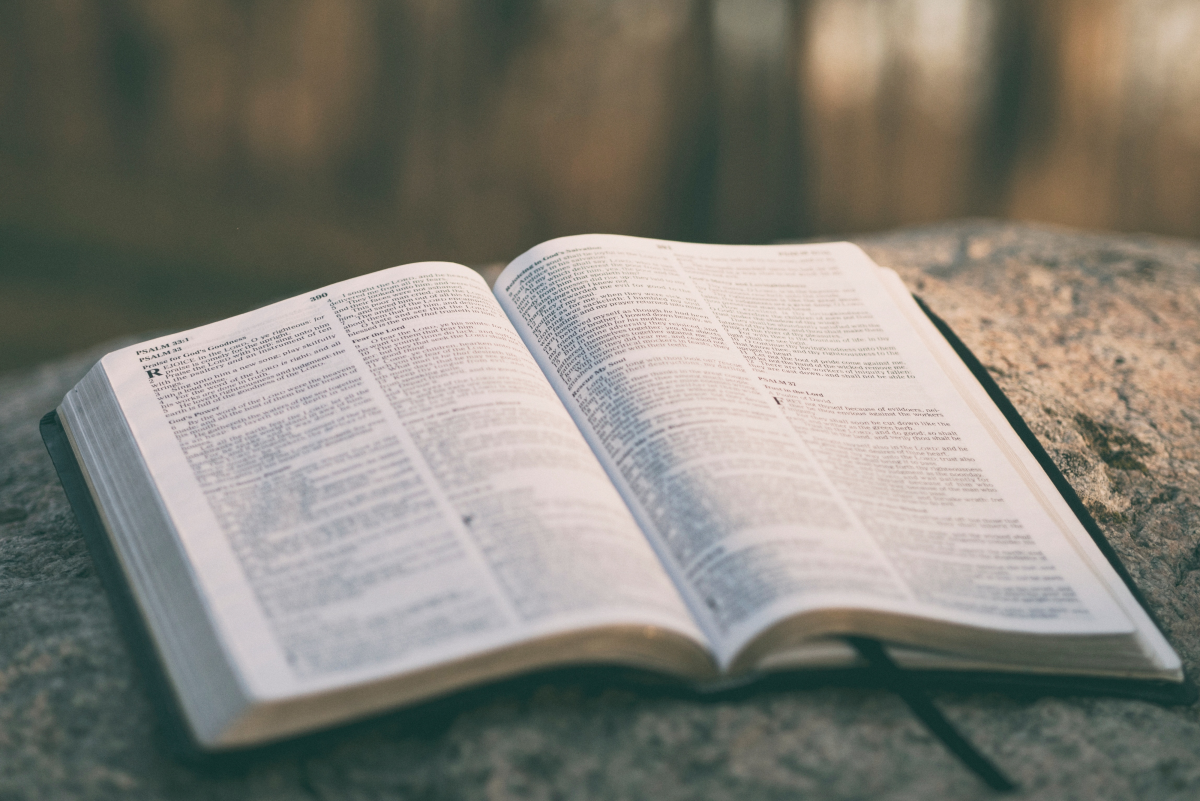Marching to a Different Drummer - Reformation vs. Halloween
Joy or terror? You decide. I did. I chose joy.
You might say I am a contrarian's contrarian. I seem to be going the opposite direction from everyone else on just about every topic. Halloween is no different. I don't celebrate Halloween anymore.
Here is how that developed. When I was growing up, we didn't go trick-or-treating. We stayed home, and I was allowed to answer the door. I enjoyed looking at everyone else's costumes. I seem to recall that for several years, I had a costume of my own that I wore as I answered the door. I remember going out one time with a group, but not much beyond that.
I am a nearly lifelong Lutheran. Already when I was growing up, we used to celebrate Reformation. Reformation is celebrated on the Sunday closest to October 31. The reason is that this is the day Martin Luther posted the 95 theses on the church door in Wittenberg. He chose this date because he expected a lot of people to be in town to celebrate All Saints Day and All Souls Day. At that time, October 31 was called All Hallows Eve, which has since been shortened to Halloween.
The 95 theses were 95 topics he wanted to debate with someone. The issue was the selling of indulgences. A man by the name of John Tetzel was going around selling indulgences to the peasants in Luther's community. Tetzel promised that buying an indulgence would shorten someone's time in Purgatory. The proceeds from the sales were sent to Rome, where they helped finance the building of St. Peter's Basilica, the headquarters of the Roman Catholic Church, and where the Pope lives. It is a huge and very expensive building. The money the peasants paid to John Tetzel often was the money they had set aside to buy bread, so the peasants had to go hungry to buy the indulgences. The whole situation made Luther angry, so he determined to challenge the sale of indulgences by inviting debate.
Back up a bit. Luther grew up with the intention of becoming a lawyer. As a young adult, he was walking out in the country, going from one town to another, when a bolt of lightning struck very close to him. It scared the living daylights out of him! (Maybe that's one reason being frightened on Halloween is such a common practice, no? Just a thought). So Luther prayed to God, and said, If you will spare my life, I will become a monk. And so he became a monk. During that period of his life, he studied and gained the necessary expertise and was declared a Doctor of the Church. In other words, he was highly educated by the Roman Catholic Church. He was fluent in German (of course), Latin, Hebrew, and Greek. Besides all this, he became very concerned about his sins, and he couldn't figure out a way to satisfy God's perfect righteousness for his sins. He tried everything. He even resorted to whipping himself with whips, and engaging in all sorts of deprivations. Nothing satisfied his concerns. So in desperation, he began to study the Bible. That was when he discovered that salvation, being reconciled with God, was the result of Jesus' sacrifice on the cross, and that Jesus paid the ENTIRE price for his sins, so he, Luther, was not required to do anything but accept the free gift of salvation. This was totally liberating for him. He then proceeded to support several unique ideas. The first, "sola scriptura" in Latin, or Scripture Alone, is that the only source of information about God is the Bible. The documents from Rome were not relevant. The second, "sola gratia" in Latin, or Grace Alone, means that our salvation comes from the unmerited grace of God. We cannot add any works whatsoever, to help us get to heaven. Purgatory was out. If we accept the free gift of salvation bought by Jesus on the cross, we go directly to heaven when we die. The third, "sola fides" in Latin, or Faith Alone, means that we accept Jesus' free gift of salvation through our faith alone, no works involved.
So with this background of having made this determination, Luther was fully prepared to take on the issue of having to buy a shortening of suffering for our sins (since Jesus did all the suffering necessary) through the sale of indulgences. He considered the practice to be a prime example of the way in which corruption had invaded and permeated the Roman Catholic Church, depriving people even of the food on the table, based on an unnecessary and harmful belief in Purgatory.
Word of Luther's challenge reached the Vatican. At first, the Pope didn't want to do anything. He felt that waiting awhile would cause the furor to die down, and he didn't want to act hastily. But after a couple of years, with Luther all the while preaching salvation by grace alone, he convened a trial court in the German city of Worms (pronounced Vorms). The trial court was known as the Diet. So when you hear about the Diet of Worms, it doesn't mean some nasty thing you eat. It means that Luther was put on trial, because he was preaching contrary to the teachings of Rome.
At the trial, the panel demanded that Luther recant his teachings. Luther refused. He uttered the famous words, translated roughly into English, as "Here I stand. I can do none other. So help me God." As a result, he was excommunicated. Important side note to correct some commonly held misconceptions: Luther desired to REFORM the Roman Church, hence, the designation "Reformation". He had no intentions of leaving the Catholic Church. And all of this took place several years before he met his future wife and got married. After he left the trial court, for his own safety, he was captured by a band of men working for one of the princes of Germany, and taken to the castle, where he lived for a period of time. During that time, he translated the New Testament into Hochdeutsch, thus causing it to become the literary standard dialect for German.
On or about October 31, Lutherans customarily gather to rejoice and celebrate the Reformation. It is just about the only time Luther is mentioned by name in a church service. I recall from my childhood that we would go to the Reformation service, and it would be in one of the biggest churches in town or nearby, and there would be magnificent organ music, and so many people singing, it sounded like a heavenly choir.
So rather than celebrate Halloween, I prefer to teach children about the Reformation. This is also a more determined viewpoint because of what Halloween has turned into in the decades I've been alive. It is no longer quite the innocent fun that it was when I was growing up. To begin with, collecting candy is not my idea of helping children thrive, because candy is detrimental to health. Secondly, it is not uncommon for someone who hates Halloween and doesn't want to be bothered with it to hand out things like applies with razor blades in them. And because it hasn't really been an option to leave your lights off and get passed by, there are lots of people out there who resent Halloween. I am fortunate these days because I live in an area that is sufficiently remote that we don't get any visitors. And then there is the fact that so many of the costumes these days are of unsavory characters, and the fact that for some reason, some adults seem to think it's funny to terrorize little children. And the religious connotations these days are more prominent than they used to be, and they bother me.
So I urge you to teach children a critically important event that happens to coincide with Halloween, an event that was one of the foundations of our modern era of a free nation. Until people had an alternative to the Roman Catholic Church, true political freedom was also not possible for most people, but after the Reformation, the groundwork had been laid, and grew and flourished, so that there was the necessary philosophy and worldview to found and establish the nation we know today as the United States, the first nation founded on the concept that God grants us certain rights, among them life, liberty, and the pursuit of happiness. We owe Luther profuse thanks for his courageous act, which could have cost him his life.
A good book that explains the Reformation for children is available on Amazon. It is beautifully written and illustrated, and explains the basis of the Reformation and the teaching of salvation by grace alone. The author, Paul L. Maier, is known in Lutheran circles as a good Lutheran author. For this reason, I consider the book to be a very important addition to a child's knowledge of the day we know as October 31.
Every Reformation celebration includes singing this hymn composed by Martin Luther, his most famous. Here are three versions for your enjoyment. They give me great joy as well. Joy is always better than fear.
Have you ever celebrated Reformation? Do you have knowledge of the Reformation and the liberty and joy it brought to humankind? Which would you rather celebrate: Reformation or Halloween? Please leave your thoughts.

